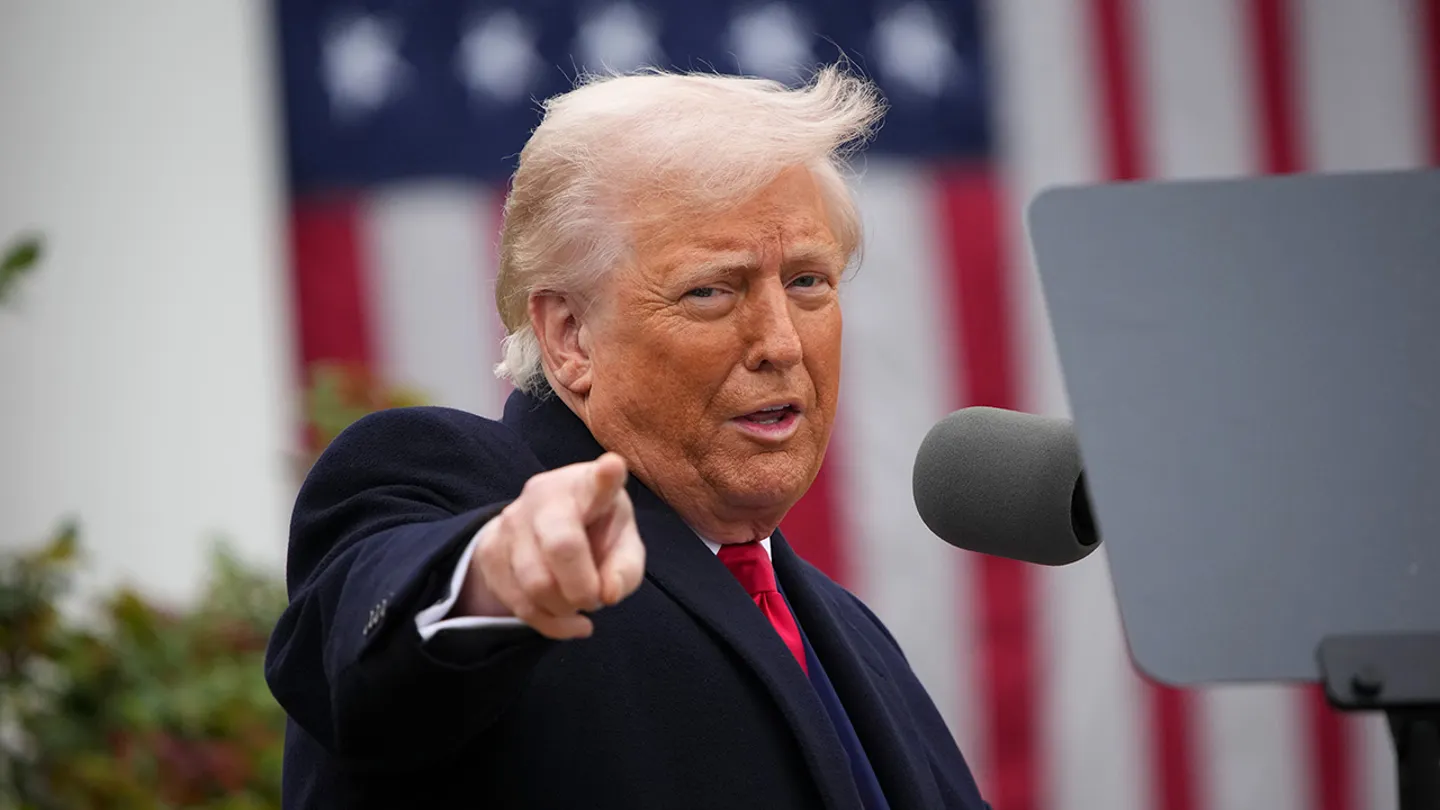### Navigating the Waters: U.S. Trade Strategy Under Scrutiny
In the ever-evolving landscape of international trade, the U.S. Administration under President Donald Trump has continued to make headlines. Recently, the focal point has been the administration’s approach to tariffs, which has sparked a mix of support and concerns within the executive ranks itself.
### Different Stances on Tariffs: Navarro vs. Mnuchin
Peter Navarro, the White House’s senior trade advisor, has been a staunch defender of President Trump’s tariff strategy. His unwavering support underscores a belief that these tariffs are essential tools for leveling the international playing field and correcting trade imbalances. According to Navarro, tariffs are not just punitive measures but are strategic moves to bolster American economic interests.
Conversely, the U.S. Treasury Secretary has presented a slightly more nuanced view on the matter. While not directly opposing the tariffs, he hinted that the United States might be poised to revisit its strategy and engage in negotiations. This suggests a possible shift towards more diplomatic approaches in resolving trade discrepancies and mitigating the economic impact of prolonged trade disputes.
### The Impact of Tariffs on Global Trade
The imposition of tariffs has been a controversial topic, with debates often centered on its efficacy and the broader economic repercussions. Proponents, like Navarro, argue that tariffs protect domestic industries from unfair foreign competition and can incentivize countries to come to the negotiation table. On the other hand, critics argue that such tariffs can lead to trade wars, increasing prices for consumers and hurting businesses that rely on global supply chains.
The discussion is further complicated by the global economic landscape, where multinational agreements and complex trade relations prevail. The effects of tariffs can extend beyond immediate economic metrics, influencing foreign policy and international relations.
### Looking Ahead: Negotiations on the Horizon?
The Treasury Secretary’s comments about potentially being ready to negotiate could signal a pivotal change in the U.S. trade strategy. Negotiations could offer a pathway to resolve ongoing trade tensions without further escalation into trade wars that could potentially have devastating economic effects globally.
Engagement in dialogue and negotiations could also reflect a more collaborative approach to international trade, respecting the complexities of global interdependencies while still prioritizing national interests. Such movements could potentially stabilize markets and lead to more sustainable economic policies.
### Conclusion: Balancing Act in Trade Policies
The current U.S. trade policy, marked by the imposition of tariffs, highlights the balancing act between protecting domestic economic interests and maintaining healthy international relations. As senior officials publicly debate the path forward, the world watches to see how the United States will navigate these complex waters.
The outcome of this policy debate will not only affect the U.S. economy but also have far-reaching implications for global trade dynamics. Whether through continued use of tariffs or more robust negotiations, the U.S. strategy will play a critical role in shaping the international economic landscape in the coming years.
In conclusion, while tariffs have been used as a tool to leverage better trade deals, the possibility of negotiations offers a hopeful glimpse into a more diplomatic resolution. How this strategy will unfold remains a key point of observation for economic analysts and global leaders alike.










